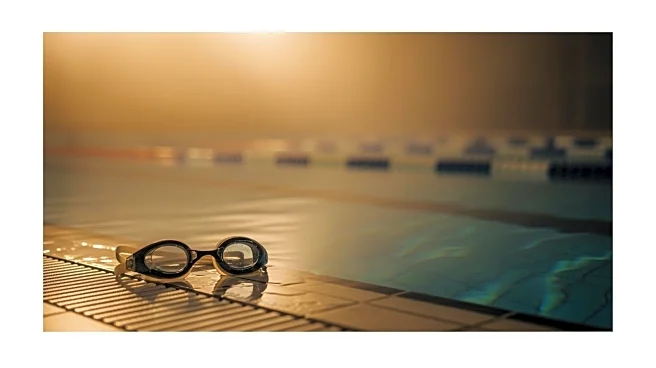What's Happening?
Ariarne Titmus, a celebrated Australian swimmer and four-time Olympic gold medalist, has announced her retirement from elite swimming at the age of 25. Titmus shared the news in a social media post, expressing that she has realized other aspects of her life
are now more important than swimming. Her decision comes after a break following the Paris Olympics, where she defended her title in the 400-meter freestyle. Titmus has faced health challenges, including surgery for benign ovarian tumors, which influenced her decision to retire. She leaves the sport as a world-record holder in the 200-meter freestyle and with 33 international medals.
Why It's Important?
Titmus's retirement marks a significant moment in the swimming world, as she has been a leading figure in the sport, known for her competitive spirit and record-breaking performances. Her departure may impact Australia's swimming team dynamics and their preparation for future international competitions, including the 2028 Los Angeles Olympics. Titmus's decision to focus on other life goals highlights the pressures athletes face and the importance of mental health and personal fulfillment beyond their sports careers. Her influence on younger athletes and potential role in broadcasting could inspire future generations and contribute to the sport's development.
What's Next?
Titmus plans to focus on personal goals outside of swimming, including potentially pursuing a career in broadcasting. Her retirement opens opportunities for other swimmers to step into the spotlight and fill the gap left by her departure. Swimming Australia and other stakeholders may need to adjust their strategies and support systems to nurture emerging talents and maintain competitive performance on the world stage.
Beyond the Headlines
Titmus's retirement underscores the broader conversation about athlete well-being and the balance between professional sports and personal life. Her decision may encourage other athletes to prioritize their mental health and explore diverse career paths. The swimming community may see shifts in training approaches and support systems to accommodate athletes' holistic needs.
















